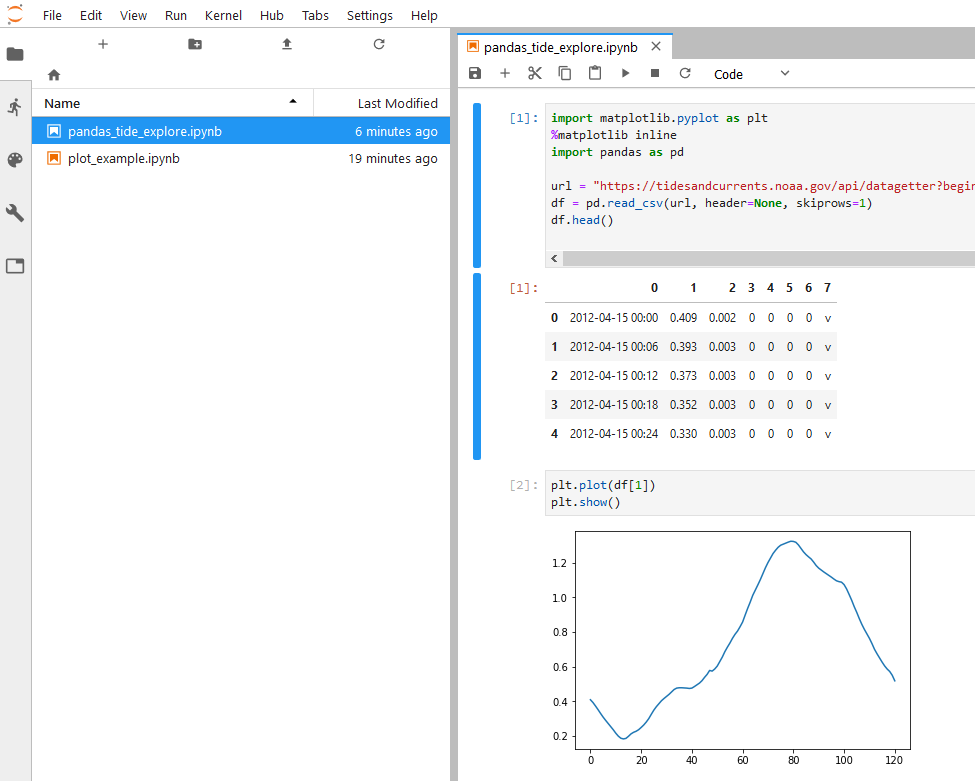

Create the file /var/lib/omnisci/data/omnisci.license.Ĭopy your license key from the registration email message.

Jupyter-url = " servers-json = "/omnisci-storage/servers.json" Jupyter-url setting under the section to point to Create the file /var/lib/omnisci/nf, and configure the.Create an OmniSci storage directory with a name of your choosing and change directories to it.Sudo chmod +x /usr/local/bin/docker-compose Sudo curl -L `uname -s`-`uname -m` -o /usr/local/bin/docker-compose Install docker-compose version 1.25.1 or higher:.The resulting file should look similar to the following:ĭocker run -rm nvidia/cudagl:10.1-runtime-ubuntu18.04 nvidia-smi Edit /etc/docker/daemon.jsonand add "default-runtime": "nvidia".



 0 kommentar(er)
0 kommentar(er)
